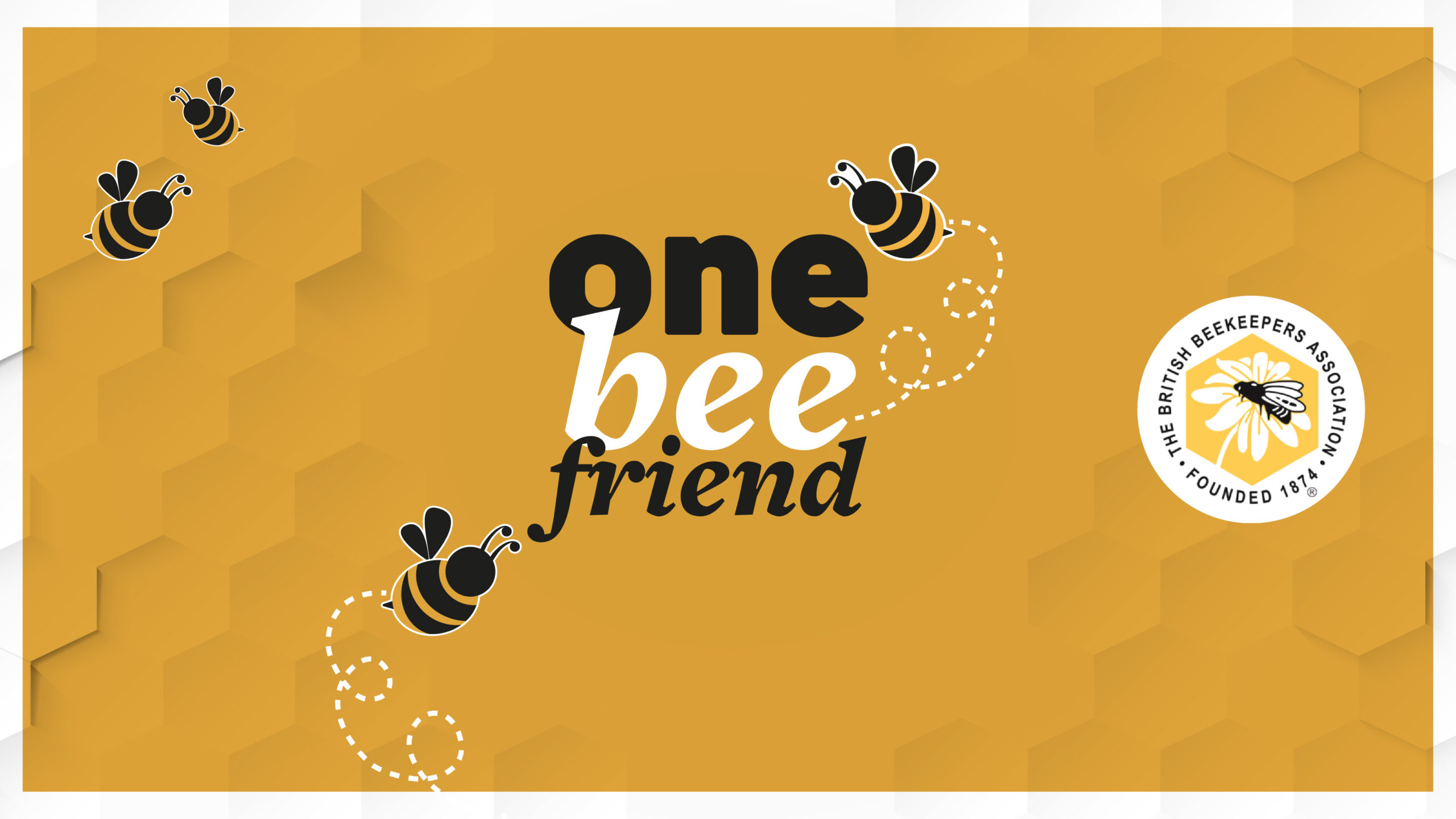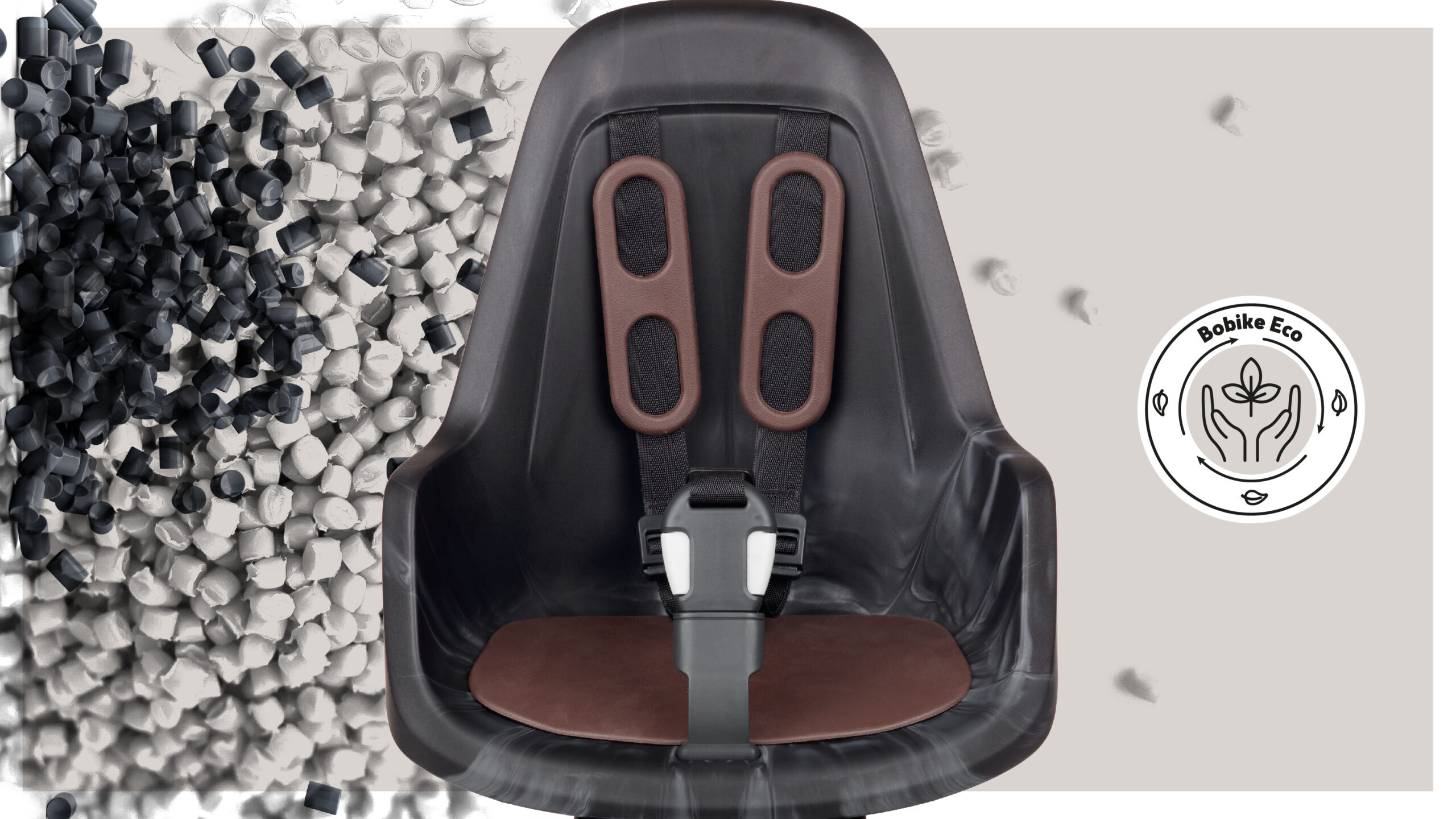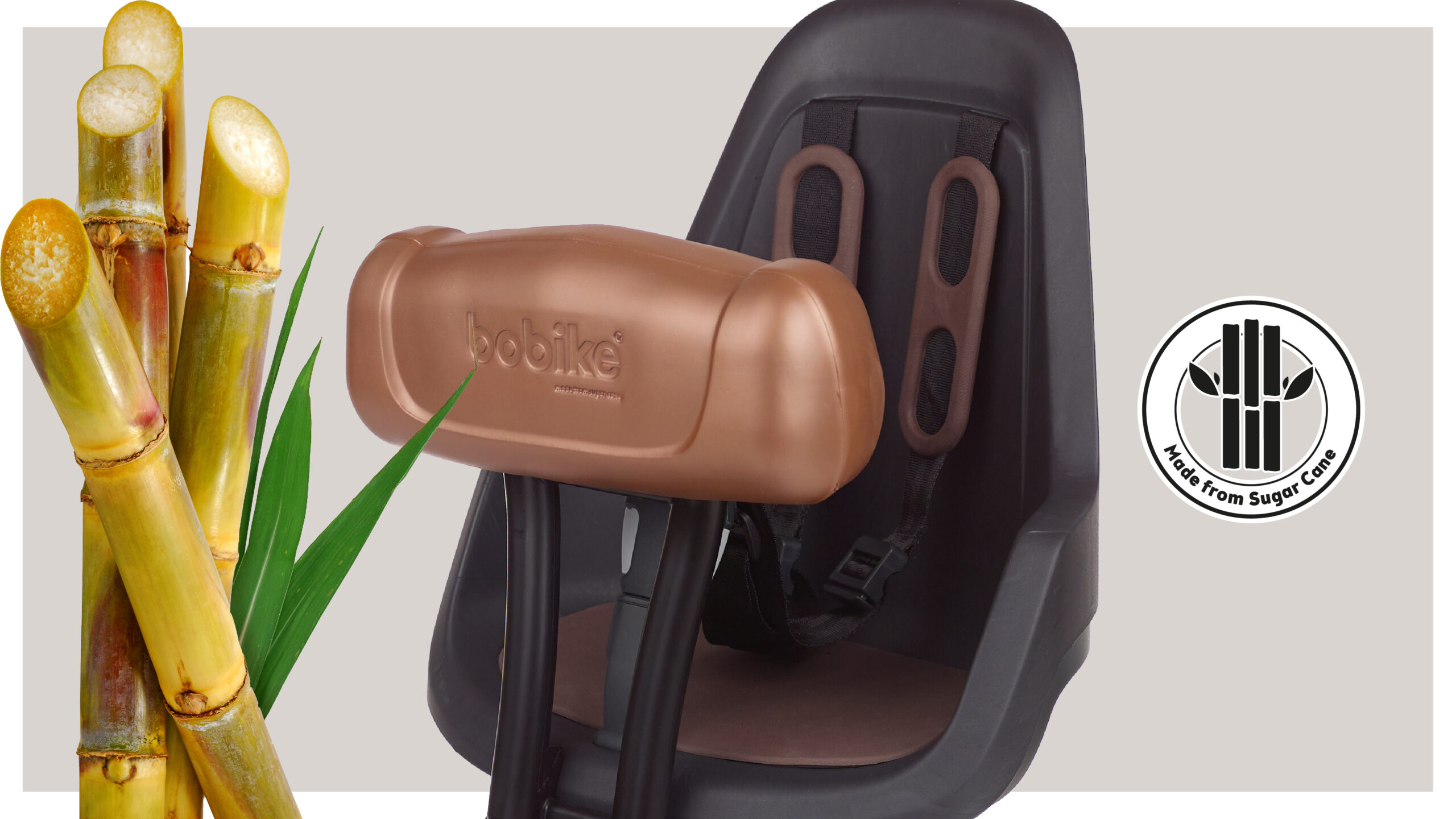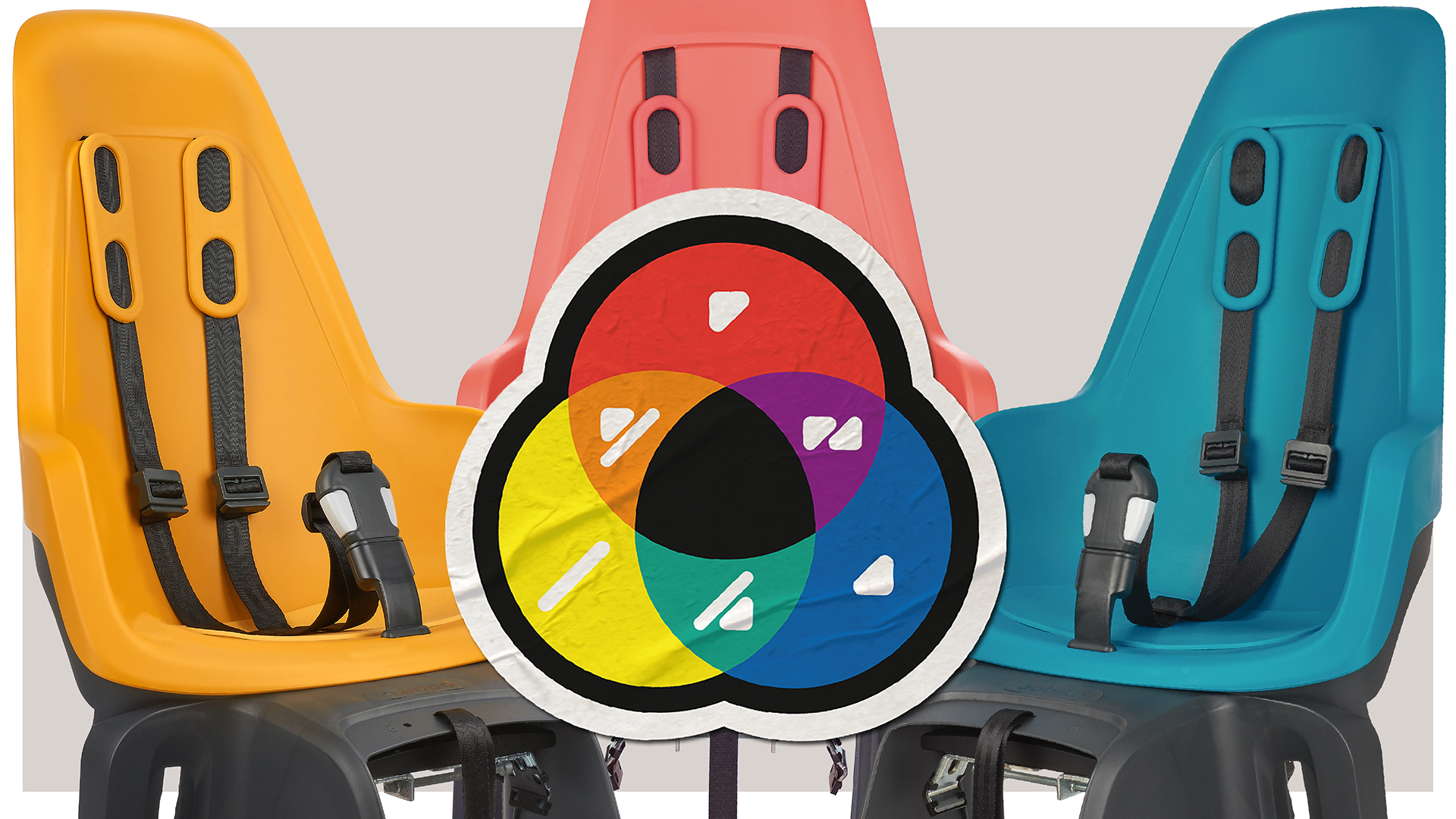
Bees are essential for the environment, but sometimes we take them for granted! Maybe we still do not realize their importance for us and for our planet’s survival.
The role of bees in the biosphere
To achieve a greener world, you need more than soil, water, and sunshine. Bees play a vital role in the environment! Most plant species (almost 90%) depend on pollinators to reproduce. That said, it is undeniable that we depend on bees to survive.
Why is it so vital to protect the bees?
Bees pollinate our plants, which means they carry pollen between plants to fertilize them, which helps plants to reproduce. So, our ecosystem depends on bees. Bellow, we will leave the four main reason that makes these little bugs vital for us and our future generations:
- Pollination: Have you ever thought that to have flowers in spring, or your favorite fruits in summer, you need the bees’ work?
That is right! To exist germination, the bees must transfer pollen from the male part of the flower to the female part. While they are moving from flower to flower in search of nectar, they leave behind grains of pollen on the sticky surface, allowing, this way, plants to grow and produce food. - Wild plant growth: Do you know that many species of wild plants depend on insect pollinators? Bees are responsible for the production of many seeds, nuts, berries, and fruit, which serve as a vital food source for wild animals and consequently for us, humans.
- Wildlife habitats: Bees are known for their elaborate hives, but they also play an important part in helping build homes for millions of other insects and animals. Their role as pollinators is vital in the growth of tropical forests and savannah woodlands. Many tree species couldn’t grow without pollinators like bees, did you know?
- Biodiversity: As pollinators, bees are a vital part of our ecosystem’s survival. They support the growth of trees, flowers, and other plants, which serve as food and shelter for other living beings. Bees contribute to complex, interconnected ecosystems that enable several different species to co-exist.
What is the real threat?
- Habitat Loss: Bees need certain qualities in their habitat to keep them happy and healthy. They need big spaces with lots of flowers, as they also need safe and undisturbed areas for their nests. The development of wild species is causing trouble for the survivance of the bees. If the bees are in danger, they cannot get enough food to eat, and therefore they cannot start pollination.
- Disease and Pests: Just like us, bees can get sick. The ever-increasing appearance of diseases and parasites can do a lot of damage to bees. They became weaker and therefore unable to fly or even reproduce.
- Invasive Plant Species: Besides pests and mites, invasive plant species are also a big threat to bees. These plants take over the land and other resources that the native wildflowers need to survive. Thus, food for the bees becomes scarce and it starts to become more difficult for the bees to find food.
- Climate change: Climate change has an impact on the bees’ survival. It is bringing on extreme weather events that can affect the timing of when flowers start to bloom. Fewer flowers bloom, less food for bees, and less pollination.
How can we protect them?
Bees help pollinate over 90% of the world’s crops. That’s why it is mandatory to protect the bees. Here are five tips you can follow to help save the bees:
- Plant a Bee Garden: Do you have a backyard? You can plant a variety of fragrant pollinator flowers that bees will love! If you are a gardening veteran, consider planting flowers that will bloom all season. That way, the bees will never go thirsty.
- Support Local Beekeepers: When you support local beekeepers, you are protecting local bee populations and helping to rescue swarming hives that are in danger. Plus, when you buy local honey products, you’re not only supporting beekeepers, but you’re also getting delicious honey full of antioxidants, vitamins, and minerals good for your health!
- Go Organic: Fertilizers, herbicides, and other harmful chemicals endanger bees! When local plants are full of these substances, the bees feed on these substances, which will harm their health and they may even die. All of this can put the species in danger of extinction.
So, if you want to contribute to the health and safety of the bees, buy organic food from a local store or a farmer’s market. - Don’t Use Pesticides: It is not new that if you use pesticides on your flowers, the pollen will become contaminated, which will become harmful to bees.
So instead of treating your outdoor spaces or gardens with synthetic chemicals, try organic products or natural solutions. - See a Bee? Snap a Photo! Sometimes bees can be scary, right? When you see a bee stay calm! Think that the bee will only attack you, only if it thinks is in danger. Thus, when you see a bee, snap a photo!
We present our yellow seat Bobike One that supports the cause “Save the Bees”
Bobike is a premium brand linked to urban and family mobility and has a strong sustainability strategy in its DNA. When we were developing this new product colour variation and came to mind the yellow colour, we thought right away that we could support the cause of bee defense.
And how could we help this cause? We decided that for each sale of the Bobike One yellow seat we would donate 0,50€ to support the cause. We started searching for associations that were related to the bees’ safety in strategic markets for Bobike.







